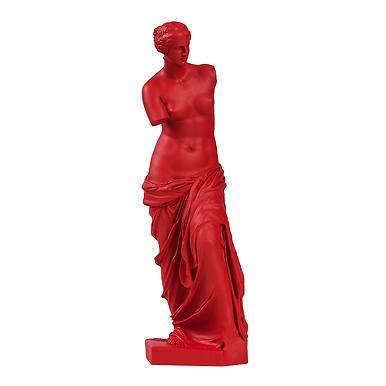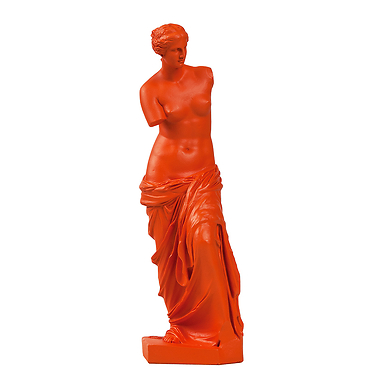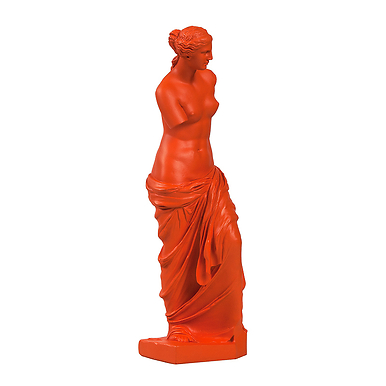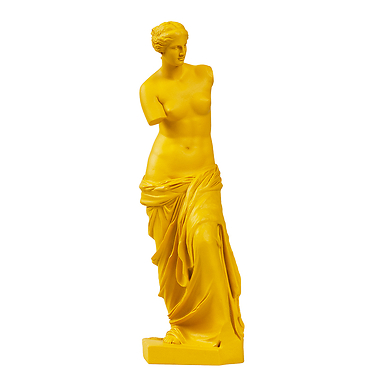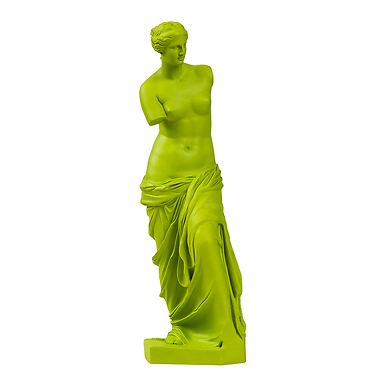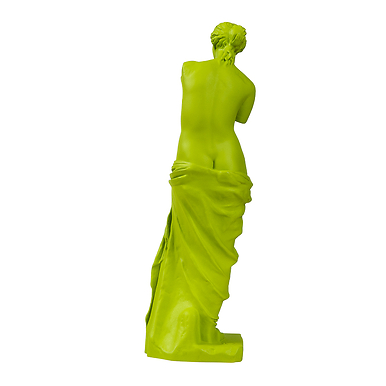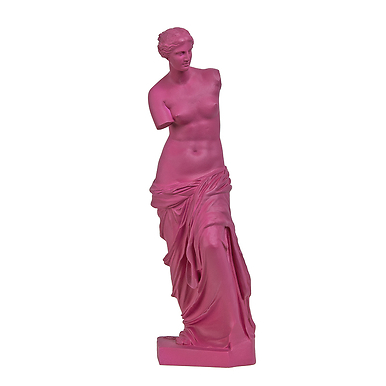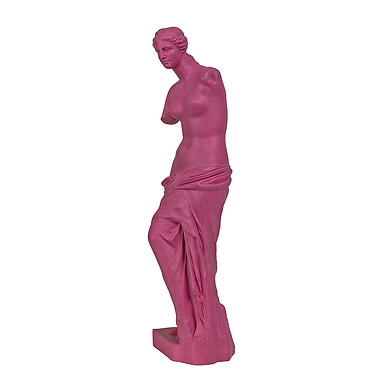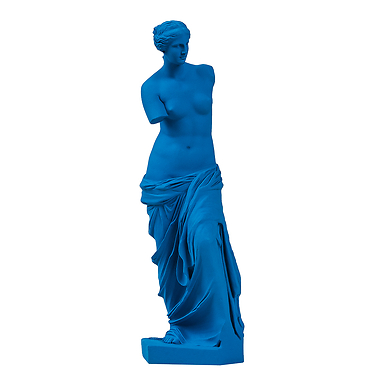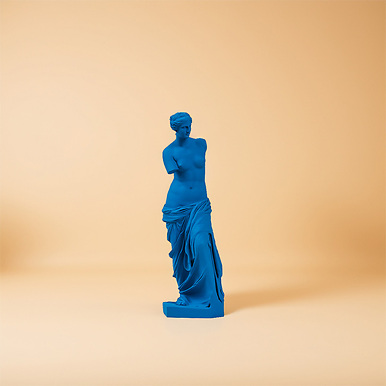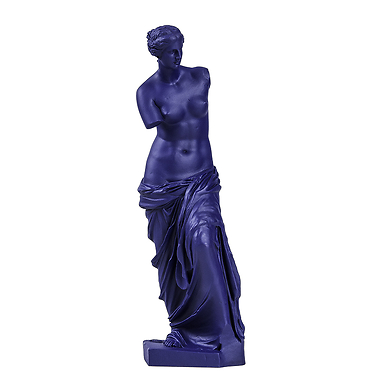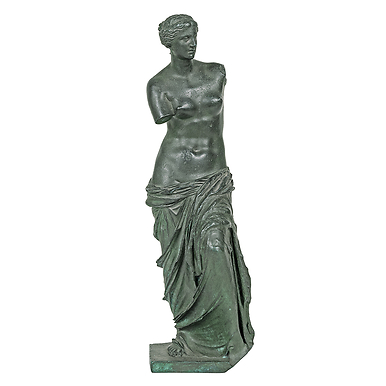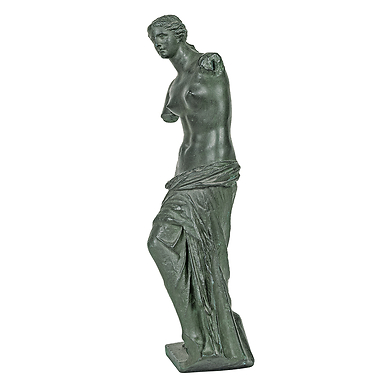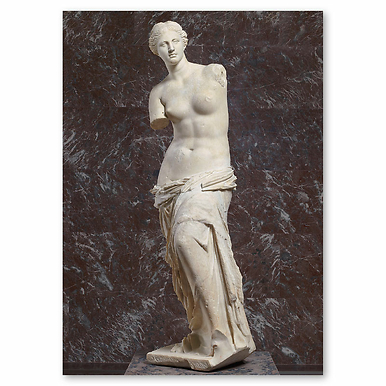Qu'est-ce qu'elle a donc, cette Vénus de Milo ?
MX003030
The Venus de Milo was discovered in 1820 on Melos (Milo in modern Greek), an island in the southwestern Cyclades. The Marquis de Rivière made a gift of it to Louis XVIII, who offered it to the Louvre the following year.
From then on, the work became very well known. Since its discovery, this divine...
Read more
The Venus de Milo was discovered in 1820 on Melos (Milo in modern Greek), an island in the southwestern Cyclades. The Marquis de Rivière made a gift of it to Louis XVIII, who offered it to the Louvre the following year.
From then on, the work became very well known. Since its discovery, this divine effigy has fascinated by its grace and by the mystery surrounding its interpretation. Is it Aphrodite, often depicted half-naked, or Amphitrite, the goddess of the sea venerated in Milo? The work reflects the research of sculptors at the end of the Hellenistic period: full of classical references, it innovates with its helical composition, the insertion of the figure in space and the sliding of the drapery over the hips.
From 9 years old
French language
64 pages
Éditions Actes Sud junior / Louvre éditions
Close
Sold by GrandPalaisRmn


